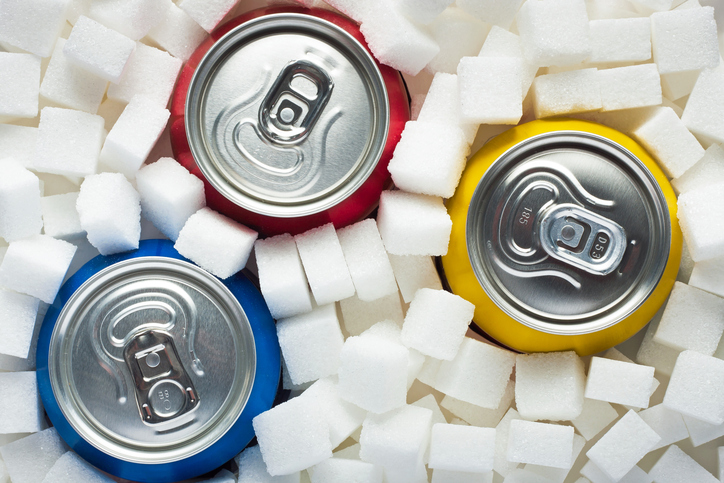 Did you know Blacks are almost twice as likely as Caucasians to have Alzheimer’s or another dementia? Not only that, but new survey results by the Alzheimer’s Association show just how unprepared families are to face the looming social, financial and caregiving crisis caused by Alzheimer’s disease.
Did you know Blacks are almost twice as likely as Caucasians to have Alzheimer’s or another dementia? Not only that, but new survey results by the Alzheimer’s Association show just how unprepared families are to face the looming social, financial and caregiving crisis caused by Alzheimer’s disease.
If there was a way to prevent memory loss, wouldn’t you want to know?
Protecting your brain and memory can begin with the foods you eat, or don’t eat. The following five foods could mean bad news for brain function, memory recall and completing a variety of everyday tasks.
1. Diet Soda
 It’s no secret that diet soda is bad for your figure. But, did you know that ingredients used to concoct your favorite fruity soda wreak havoc on brain function. In fact, there’s good reason that both Europe and Japan have already banned brominated vegetable oil (BVO) from their bubbly beverages. Originally created to make plastics flame-retardant, BVO has since been used to keep flavoring fizzy drinks from separating from the rest of the beverage. While small levels aren’t harmful on their own, over time, it can build up in our systems, causing memory loss and nerve disorders.
It’s no secret that diet soda is bad for your figure. But, did you know that ingredients used to concoct your favorite fruity soda wreak havoc on brain function. In fact, there’s good reason that both Europe and Japan have already banned brominated vegetable oil (BVO) from their bubbly beverages. Originally created to make plastics flame-retardant, BVO has since been used to keep flavoring fizzy drinks from separating from the rest of the beverage. While small levels aren’t harmful on their own, over time, it can build up in our systems, causing memory loss and nerve disorders.
Per new research, using data from the Framingham Heart Study (FHS) findings indicate that people who indulge in excess sugar—especially the fructose in sugary drinks—are frequently more likely to have poorer memory, smaller overall brain volume, and a significantly smaller hippocampus—an area of the brain important for learning and memory.







